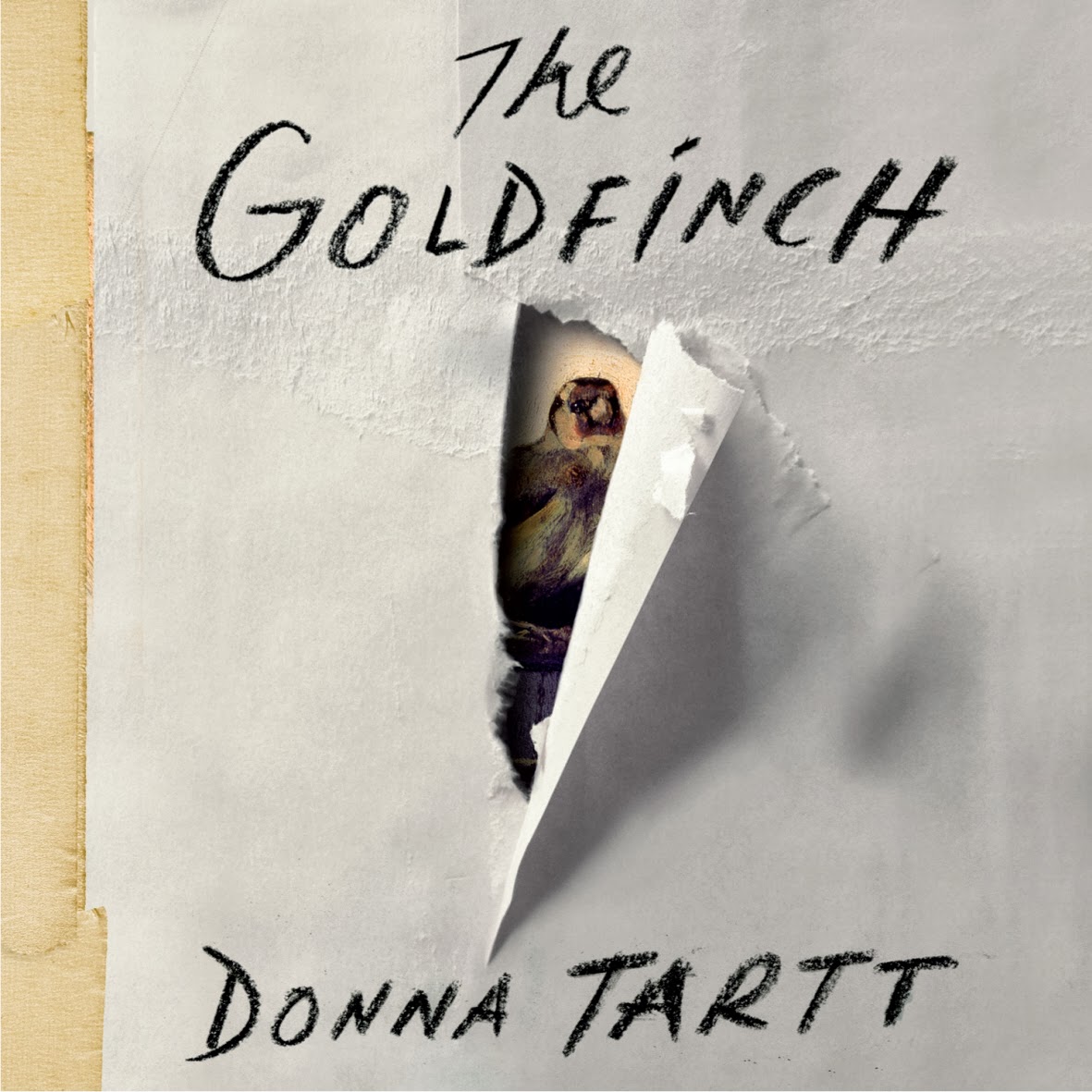
If "The Goldfinch" was about 300-pages shorter, I think other passages where Tartt is introspective would shine through more brightly. The last 50 or so pages, Theo's retrospective on his life, are absolutely captivating. Why didn't the Barbours fight to keep Theo with them, when clearly his father and Xandra were only interested in one thing? And why does Theo just accept them back into his life like nothing happened between them? I'd be bitter as hell!Īm I the only one not enamored by old money and society plots? If you've read one, you've read them all. I don’t think either character is queer per se, and there’s not many representations of this type of sexual exploration available in mainstream literature, so it feels like a missed opportunity. However, if Tartt would’ve circled back to this later in the book as a reason for Theo’s loyalty to Boris despite the ways he used him, I would’ve thought its inclusion in the story made a lot more sense than the brief page time it is given. The idea of drunken, carnal passion between the two isn’t far off - after all they were both starved for attention - and these types of things do happen between young people exploring sexuality. 300) seemed organic at the time it was introduced, but now I wonder if it was for shock value. Speaking of Boris and Theo, the hints of a romantic relationship (see pg. He is a wolf in sheep's clothing and manipulated Theo for decades. I realize he is beloved by some, but the sections of the book I liked least were the ones where he was prominent.

It is way too long and that's coming from a person that doesn't mind an epic as long as it has strong characters - as "The Goldfinch" does - and a clear purpose, which is missing from "The Goldfinch" in several chapters. Since this has been out in the world for quite some time, I won't rehash details, but I do want to share a few thoughts: Will it become one of my favorites? Ask me in a few months. It will take me a while to digest all the nuances of this book, but my initial thought is wow, that was a lot.ĭid I like it? Unequivocally, yes. Why I Read It: It was one of the most-lauded novels of the 2010s. Recommended For: Fans of short- and long-list literature.

Reality: A captivating and gorgeously written novel that, at times, asks too much of the reader. He is tormented by an unbearable longing for his mother, and down the years clings to the thing that most reminds him of her: a small, strangely captivating painting that ultimately draws him into the criminal underworld.Įxpectation: A modern “Great American Novel.”

100-Word (or Less) Synopsis: Aged thirteen, Theo Decker, son of a devoted mother and a reckless, largely absent father, survives an accident that otherwise tears his life apart.


 0 kommentar(er)
0 kommentar(er)
